What does Danish philosopher Soren Kierkegaard have to say about the social media domain, to the post-truth universe, to algorithms that create or identify fake news? In the era of polarization, of communication bubbles and e-economy, can a mid-19th century thinker impart lessons to news media outlets? The Sacred Heart Catholic University and St. John’s University in New York brought together in a philosophical-media symposium academia, computer scientists, business engineers, journalists from world countries to reflect on the value of truth in the age of misinformation.
“Truth and Communication in the Age of Misinformation from Kierkegaard to Social Media”, is not only the title of a two-day meeting whose debates animated St. John’s International Communication Institute on November 16-17. In fact every expert who took the floor provided a compass to guide us in a realm often lacking points of reference, as we grapple with communication planets yet to be explored. “Kierkegaard is a fundamental philosopher that can be said to have anticipated, in fact predicted, today’s problems – said Ingrid Basso, researcher at the Philosophy Department of Catholic University. – For instance, the Danish philosopher asked himself how many separate grains of sand could form a whole, a new quality that is made of an infinite number of grains of sand.
Let’s take fake news: after how many tweets or shares of a given piece of information that is unrelated to the facts and thus is not necessarily true does it hit front page news thereby acquiring a new facet of truth? Ratified truth thus is the result of an infinite number of tweets and people; similarly, Kierkegaard thus described ‘the public’: ‘An abstraction made up of unsubstantial individuals who are never  united or never can be united in the simultaneity of any situation or organization and yet are claimed to be whole, while it is a corpse owing to its anonymous inconsistency’, a corpse that has an influence over the Media. But the Danish philosopher has a lot to say also with regard to subjective truth, a typical feature of social network users. “Kierkegaard encouraged thought and personal responsibility of opinions. He considered individuality something that lasts over time and that is not erased by mainstream thought: this is something that news media should be aware of.”
united or never can be united in the simultaneity of any situation or organization and yet are claimed to be whole, while it is a corpse owing to its anonymous inconsistency’, a corpse that has an influence over the Media. But the Danish philosopher has a lot to say also with regard to subjective truth, a typical feature of social network users. “Kierkegaard encouraged thought and personal responsibility of opinions. He considered individuality something that lasts over time and that is not erased by mainstream thought: this is something that news media should be aware of.”
During the symposium panel speakers presented mathematical, application models and algorithms that can be used to create, classify and recognize fake news, monitor their dissemination, evaluate their impact on the general public, and study their repercussions in contemporary public debate, which grows increasingly polarized and unable to engage in dialogue and openness.
“The most widespread newspaper today is the ‘Daily me’ – said Simonetta Primario, management engineer, researcher at Federico II and St. John universities -, namely, a daily newspaper dictated by users’ preferences and tastes, encapsulating them in a communication bubble, a sort of Echo chamber that amplifies whatever they want to be told, where users’ opinions are constantly echoed back to them,
regardless of whether their views are right or wrong because it is a self-reinforcing world lacking critical thinking, which closes all doors leading to the acceptance of diversity.” In her mathematical analysis, “Polarization and dissemination of misinformation in the public arena” Primario highlighted the extent to which opinions created and selected online on polarized issues such as the no-Vax campaign in Italy, arms control in the United States or death penalty, became forces capable of triggering concrete action. “Polarization and echo chambers are mechanisms used by terror groups that create a bubble with no external exposure, causing self-alienation and preventing communal interaction.” Yet this analysis could have positive effects, which is what Primario hopes to obtain from an experiment conducted in Procida’s High School, where social networks will be used to encourage students to use public transport instead of motorbikes. The ‘likes’ on messages, ads or comments will serve to understand the extent to which social media networks are an integrating part of decision-making processes.
Basilio G. Monteiro, Director of the Institute for International Communication of the University of St. John, said that after 40 years of studies on Kierkegaard he understood the fundamental importance of the latter’s work on truth and ambiguous communication, critical “to the understanding to our communication experience. Kierkegaard himself had experience the impact of fake news when he became the target of a defamatory campaign in the satirical newspaper Corsair. Based on that experience he invites us to develop a critical understanding of the world. I want to add that
news when he became the target of a defamatory campaign in the satirical newspaper Corsair. Based on that experience he invites us to develop a critical understanding of the world. I want to add that
our approach to newpapers, TV-news and social networks should be marked by a certain degree of scepticism, which doesn’t mean being cynical, constantly questioning their truthfulness. Rather, it means giving meaning to what we read or see; to carry out a proper evaluation.” Monteiro noted that news are rapidly becoming commodities, products that nurture the new economy, namely, the economy of knowledge and information. “But this kind of commodity risks being profit-driven as a result of market greed. Accordingly, if fake news increases financial profits it should be promoted.” Monteiro guarded against the delusion of believing that we possess the skills to address these kinds of market models, for even though our society is rich in academic titles and diplomas, “we lack the culture, we lack the skills of critical thinking, of open-mindedness. That being the case our very freedom is at risk.” The next study-meeting on this subject will take place in Milan with a special focus on communication and truth through the lens of Cardinal Martini.










